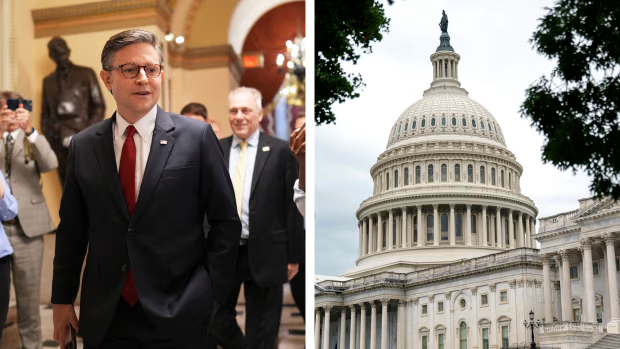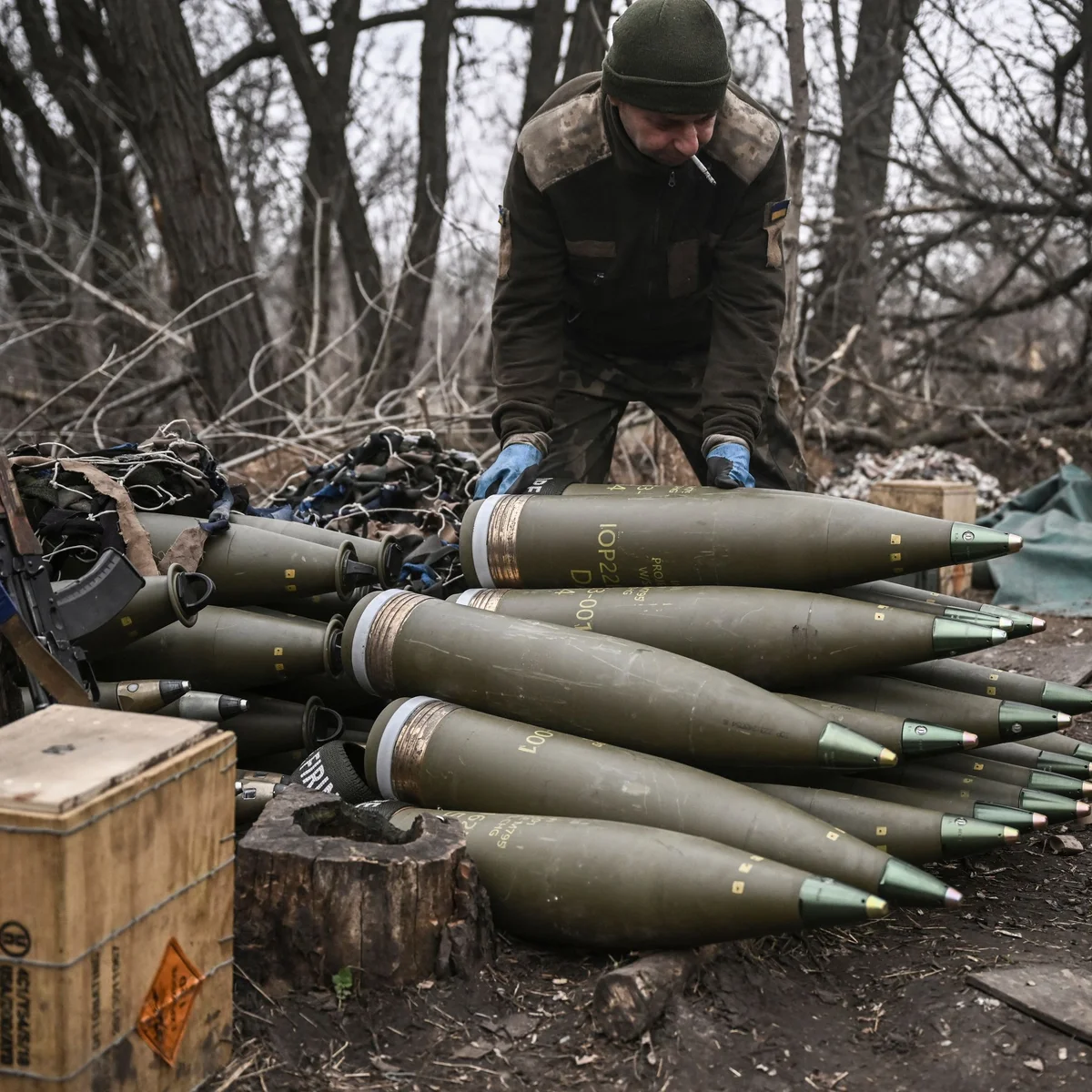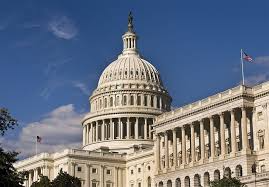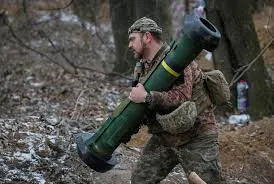
Israel Gaza ceasefire push by Trump
Trump Pushes for Israel Gaza Ceasefire in Bold Diplomatic Move
Former U.S. President Donald Trump has launched an unexpected and high stakes diplomatic campaign to broker a ceasefire between Israel and Hamas, marking his most direct engagement in Middle Eastern peace efforts since leaving office. The initiative, centered on a proposed 60 day ceasefire, has drawn global attention as both a potential breakthrough and a political maneuver, arriving at a time when the long running conflict in Gaza has reached new heights of devastation. Trump, now a frontrunner in the 2024 Republican presidential race, is positioning himself not only as a peacemaker but also as a statesman with enduring international clout.
The proposed ceasefire reportedly includes a temporary cessation of hostilities, the phased release of Israeli hostages held in Gaza, and reciprocal concessions involving Palestinian detainees in Israeli prisons. According to Trump’s team, the plan also aims to create safe corridors for humanitarian aid delivery, facilitate the reopening of hospitals and clinics in the Gaza Strip, and establish a diplomatic mechanism to monitor compliance from both parties. Though details remain under wraps, insiders suggest the proposal was shaped with input from regional actors, including Egypt and Qatar, who have historically played mediating roles in the conflict.
Trump’s approach departs from traditional U.S. foreign policy strategies, adopting his trademark directness and media focused messaging to exert pressure. In a series of public statements and social media posts, he declared that Israel has agreed to the general framework of the deal and that the only remaining obstacle is Hamas's approval. “This is their chance,” Trump said during a press briefing. “A real opportunity for peace, if Hamas is serious. If they walk away, it’s on them.” His comments, though forceful, were calculated to appeal to both domestic and international audiences particularly those weary of the unending cycle of violence in the region.
Israeli officials have cautiously acknowledged their openness to a temporary truce, albeit with strong conditions. Prime Minister Benjamin Netanyahu’s government has repeatedly stated that any ceasefire must not undermine Israel’s goal of dismantling Hamas’s military capabilities. They have emphasized that any agreement cannot lead to the legitimization of Hamas or restrict Israel’s right to respond to future threats. Despite this, there is growing pressure within Israel to pause the military campaign, especially following rising civilian casualties, growing international condemnation, and calls from the Israeli public for the safe return of hostages.
From Hamas’s side, the response has been reserved but not dismissive. A spokesperson for the group stated that any ceasefire deal would require guarantees that Israeli forces fully withdraw from northern Gaza and commit to ending what Hamas terms the “occupation of Palestinian land.” They also demanded the immediate restoration of essential services and unimpeded access to medical and humanitarian supplies. Political analysts believe Hamas is weighing the deal carefully, calculating if a temporary ceasefire could allow them to regroup or be interpreted as a capitulation by their base.
Trump’s diplomatic push comes at a time when President Joe Biden’s administration is struggling to influence the direction of the conflict. While Secretary of State Antony Blinken and other senior officials have made repeated trips to the region, the U.S. has so far failed to secure a lasting truce or significant policy change from either side. Trump’s intervention, though unconventional, has disrupted the diplomatic status quo and sparked renewed dialogue in foreign policy circles about America’s role as a mediator in Middle Eastern affairs.
Humanitarian organizations have cautiously welcomed any potential pause in hostilities, stressing the dire need for uninterrupted access to food, water, and medical care in Gaza. According to recent estimates, more than 50,000 civilians have been killed or injured since the escalation began, with millions displaced and entire neighborhoods reduced to rubble. Hospitals are overwhelmed, and fuel shortages have crippled aid delivery. A ceasefire however temporary would provide much needed relief to civilian populations and allow for the reestablishment of critical infrastructure.
Despite cautious optimism, there are substantial hurdles ahead. Mistrust between Israel and Hamas remains profound, and even temporary agreements have often collapsed in the past over violations and differing interpretations of terms. Moreover, regional power dynamics including the roles of Iran, Hezbollah, and Gulf states could complicate implementation. Trump’s own polarizing legacy may also affect how his involvement is perceived by international leaders. Nevertheless, his initiative has reignited global attention on the urgent need for a ceasefire and introduced a high profile political force into a diplomatic vacuum.











